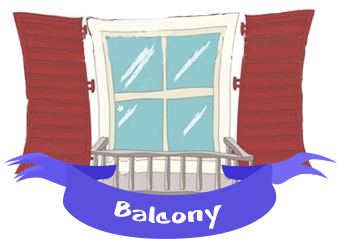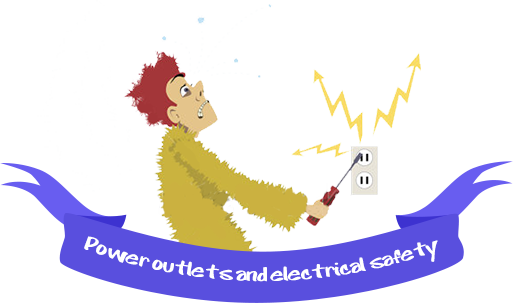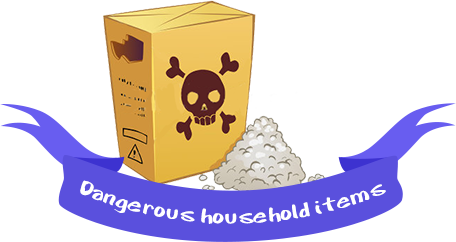
Make Your Home Child Friendly
A childproof home is one that provides an ideal environment for babies and toddlers
to live, explore, and develop. If you’ve got a tiny human of your own, you’ll already know
that they love to experience the world, and not always in the safest way.
Your home can quickly become a minefield. The coffee table that seemed harmless and useful will
start to look like a sharp, terrifying four-cornered weapon, while you question why on earth power outlets
are not installed 1.5 metres off the ground. Childproofing your home will involve a little adjusting around the
house, but it is a must-do when having little ones. Removing risks or minimising them - by doing things like
covering table corners, locking cupboards, and covering cords and power outlets - will provide a safer
environment for your child to grow. Taking these precautions is necessary in ensuring that your child will
grow up in a healthy and secure environment. There are lots of things to consider when childproofing your
home, and we want to help you get your head around them all. We’ve gathered some of the best tips, with the
help of some of our favourite blogs, to make sure that making your home child friendly is as easy as pie.













